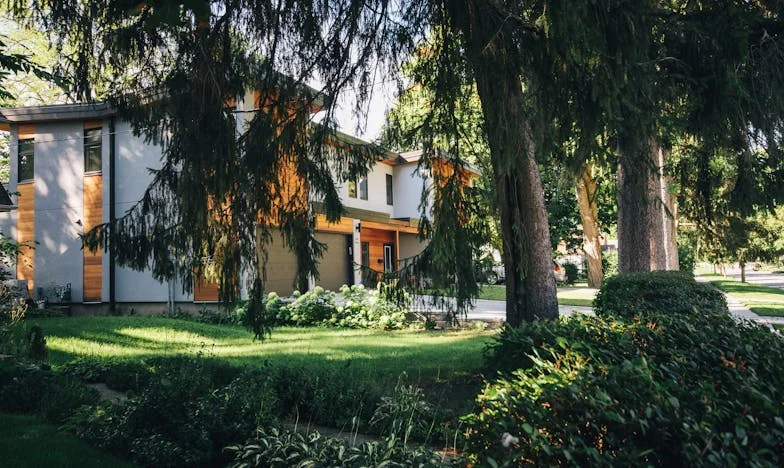“My Father Begs Me to Forgive My Abusive Uncle and Help Him: I Can’t Forget the Pain”
For the past year, my father has been urging me to forgive my uncle and offer him assistance—after all, he is family. However, I vividly remember the torment he put me and my father through—I haven’t forgotten a thing. Now, I refuse to do anything to help him. I’m convinced he still harbors ill will towards us, but because of his current situation, my father believes we should extend a helping hand.
Growing up, my uncle was a constant presence in our lives. He lived just a few blocks away and would often come over unannounced. At first, I thought it was nice to have family so close by, but as I got older, I began to see the darker side of his visits. My uncle had a temper that could flare up at the slightest provocation. He would yell at my father for the most trivial reasons and belittle him in front of me. The verbal abuse was relentless, and it wasn’t long before it turned physical.
I remember one night vividly. I was about ten years old, and my father and I were watching TV in the living room when my uncle barged in, reeking of alcohol. He started shouting at my father about some money he claimed was owed to him. My father tried to calm him down, but my uncle wouldn’t listen. He grabbed my father by the collar and threw him against the wall. I screamed and ran to my room, locking the door behind me. The sounds of their struggle echoed through the house, and I felt utterly helpless.
The abuse continued for years. My father never reported it to the police; he always said that family matters should stay within the family. But the scars it left on both of us were deep. My father became a shell of the man he once was, always walking on eggshells whenever my uncle was around. As for me, I developed severe anxiety and trust issues that took years of therapy to even begin to address.
Fast forward to last year, when my uncle had a stroke that left him partially paralyzed. He could no longer live independently and needed constant care. My father, ever the dutiful brother, took it upon himself to look after him. He moved my uncle into our home and became his primary caregiver. It was a decision that baffled me, given all the pain my uncle had caused us.
“He’s still your uncle,” my father would say whenever I questioned his decision. “Family is family.”
But I couldn’t see it that way. To me, my uncle was a monster who had stolen my childhood and broken my father’s spirit. The idea of helping him in any way made me physically ill.
One day, my father sat me down for a serious talk. He told me that he was getting older and couldn’t take care of my uncle by himself anymore. He asked if I could help out, even if it was just for a few hours a week.
“Dad, I can’t,” I said, tears welling up in my eyes. “I can’t forgive him for what he did to us.”
“I understand,” he replied softly. “But holding onto this anger isn’t good for you either.”
“It’s not about anger,” I insisted. “It’s about justice.”
My father sighed and looked away, clearly disappointed but not surprised by my response.
As the months went by, my father’s health began to deteriorate under the strain of caring for my uncle. He developed high blood pressure and started having chest pains. Despite this, he refused to put my uncle in a nursing home.
One evening, I came home from work to find my father collapsed on the floor, clutching his chest. I called 911 and rode with him in the ambulance to the hospital. The doctors said he had suffered a heart attack brought on by stress.
As I sat by his hospital bed, watching him struggle to breathe, I felt a surge of guilt wash over me. Maybe if I had helped out more, this wouldn’t have happened. But then I thought of all the years of abuse we had endured because of my uncle and felt a conflicting sense of righteousness.
My father survived the heart attack but was advised to take it easy from now on. He finally agreed to put my uncle in a care facility, realizing that he couldn’t do it all on his own anymore.
I visited my father every day during his recovery, but our relationship was never quite the same. There was an unspoken tension between us, a rift that couldn’t be mended by time or words.
In the end, I couldn’t bring myself to forgive my uncle or help him in any way. The wounds he inflicted were too deep, too raw. And while I understood my father’s desire for family unity, I couldn’t sacrifice my own well-being for someone who had caused us so much pain.
